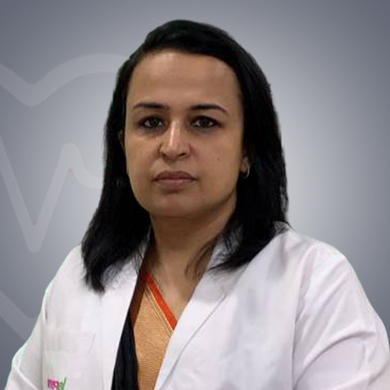Hysterectomy is the surgical procedure to remove your uterus, also called as womb. It is the organ that holds and protects the fetus during pregnancy. The surgical hysterectomy procedure also involves removal of the other parts of the reproductive system such as ovaries (where eggs are produced), fallopian tubes (which carry the eggs to the uterus), and the cervix (neck of the uterus). The hysterectomy procedure can be performed through the vagina (vaginal hysterectomy) or through the abdomen (abdominal hysterectomy), or by laparoscopy. After having a hysterectomy, you will not be able to conceive.
There are many reasons why a doctor recommends this type of surgery. The general condition where hysterectomy is recommended are:
You should know that removal of the uterus and other reproductive organs is a serious condition and there may be several hysterectomy side effects, and it can make significant changes in your life.
You will be asked to check for blood pressure, heart rate, and ECG one week before surgery to test whether you are fit for the surgery. Your doctor may recommend you not to eat or drink anything 6 hours before the surgery because you will be given general anesthesia.
If ovaries are removed during the procedure, you may have to take few medications to replace the hormones that your body once produced on its own. So make sure you ask your doctors the reasons for recommending this procedure. Hysterectomy term is used not only for the removal of the uterus, but also for the removal of ovaries, and fallopian tubes. Hence, it is important to discuss which part of your reproductive system will be removed during surgery.
Ask your doctor about the type and duration of pain normally associated with the surgery. Find out in advance about the pain management options.
The duration of the surgery may be approximately an hour.
The doctor will provide you sedative before you are transferred to the surgical unit. Then the anesthesiologist will give general anesthesia. The surgical area will be cleaned with antiseptic solution. Then your doctor will decide whether to make a horizontal or vertical incision. An incision is made, about 10 cm long, across the lower abdomen, cutting through the skin and muscle of the abdomen. Next the doctor will inspect the abdominal organs. Once the ovaries are exposed, the uterus is separated from the bladder. Then the fallopian tubes are tied off and cut. Now the uterus will be pulled upwards. This stretches the vagina and allows the surgeon to cut the uterus freely at the cervix. The surgeon then closes the top of the vagina with stitches, staples or glues and provides additional support for attaching the ligaments that once held the uterus in place. The incision is then closed and the drainage tube may be left inserted at the site. Finally, a sterile bandage is applied.
The bandage is removed after 24 hours, but if you have stitches, they will be removed after 5 to 1-0 days.
Hysterectomy can performed through the vagina or using a laparoscope. Laparoscopic hysterectomy is performed by making cut through vagina and laparoscopic procedure involves special instruments inserted into the abdomen through several tiny cuts.
As a part of hysterectomy recovery time, you will have to stay for nearly one to three days in hospital after undergoing abdominal hysterectomy or laparoscopic hysterescopy. Most of the patients experience pain in abdomen after the surgery. The doctors will prescribe you painkillers for this.
You may not have bowel movements for few days after the surgery during the hysterectomy recovery time. Therefore, you should have proper diet to resolve the bowel. You should avoid heavy exercises for few months because it takes time to fully recover after the surgery.
You may have vaginal discharge which is brownish or pinkish in color, but it is a normal condition. Inform the doctor immediately if the discharge is foul smelling, bright red, and unpleasant. Be alert in using sanitary napkins or pads, because it may increase the risk of infection. Contact the doctor in case of any other hysterectomy side effects.
You should avoid lifting heavy objects for few weeks and you should take plenty of rest.
Complications

Delhi, India
Equipped with more than 50 specialty institutes, Indraprastha Apollo was started with the vision of ...more
![]() Private Driver / Limousine Services
Private Driver / Limousine Services
![]() International Cuisine
International Cuisine
![]() Phone in Room
Phone in Room
![]() Online Doctor Consultation
Online Doctor Consultation

Infertility & Laproscopy & Gynecologist
Delhi, India
18 Years of experience
USD 35 for video consultation

Gynaecologist
Dubai, U.A.E.
25 Years of experience
USD 150 for video consultation

Infertility & Laproscopy & Gynecologist
Delhi, India
38 Years of experience
USD 50 for video consultation

Gynecologist
Istanbul, Turkey
27 Years of experience
USD 200 for video consultation